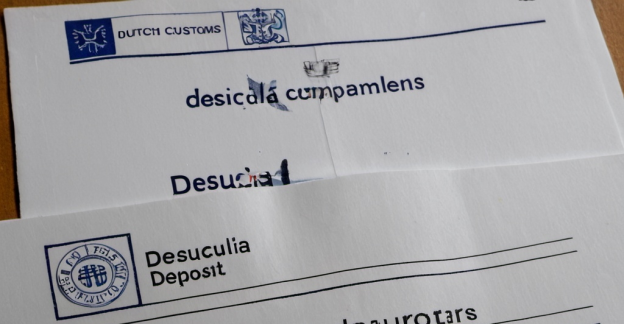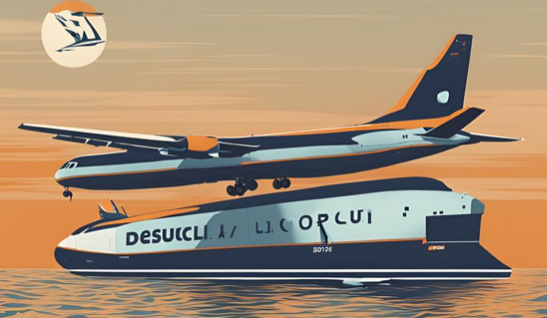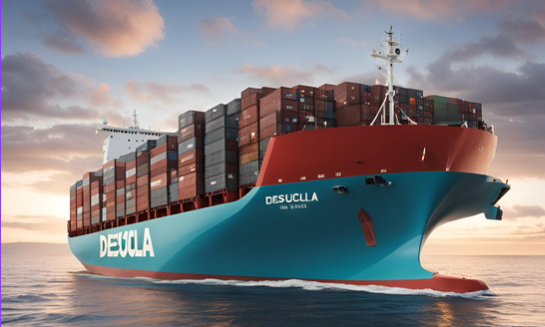Understanding the Deposit Requirement for Importing Goods into the EU from the Netherlands and How to Avoid It
When importing goods into the European Union (EU) through the Netherlands, businesses often encounter various financial and regulatory requirements. One significant aspect is the deposit that may be required by Dutch customs authorities. This deposit is intended to cover potential VAT (Value Added Tax) liabilities on imported goods, ensuring that the importer complies with EU tax obligations. However, this deposit can tie up a substantial amount of capital. Fortunately, using an Importer of Record (IOR) or a Limited Fiscal Representative (LFR) can help businesses avoid this financial burden.
What is the Deposit Requirement?
The deposit requirement is a financial guarantee that Dutch customs authorities may request from importers when goods are brought into the EU through the Netherlands. This deposit serves as a safeguard to ensure that VAT will be paid on the goods being imported. The amount of the deposit is typically based on the value of the goods and the applicable VAT rate, which can be a significant sum, especially for high-value shipments.
This deposit is essentially a temporary payment held by the customs authorities until the goods are cleared, and all VAT obligations are fulfilled. For many businesses, especially those dealing with large volumes of goods, this requirement can create cash flow challenges and limit the availability of working capital.
How to Avoid the Deposit: Using an Importer of Record (IOR) or Limited Fiscal Representative (LFR)
To avoid the need for a deposit when importing goods into the EU through the Netherlands, businesses can leverage the services of an Importer of Record (IOR) or a Limited Fiscal Representative (LFR). Both options provide viable solutions for managing VAT obligations without the need to tie up capital in a deposit.
Importer of Record (IOR)
An Importer of Record (IOR) is a third-party entity that takes on the responsibility of importing goods into the EU on behalf of the actual importer. The IOR assumes all legal responsibilities, including the payment of VAT and compliance with customs regulations. By using an IOR, the original importer can avoid the deposit requirement since the IOR handles all VAT obligations.
Advantages of Using an IOR:
– No Deposit Required: The IOR handles VAT payments, eliminating the need for the importer to provide a deposit to Dutch customs.
– Simplified Process: The IOR manages all customs and tax-related paperwork, ensuring compliance with EU regulations.
– Risk Mitigation: The IOR assumes legal liability for the import, reducing the risk for the original importer.
Limited Fiscal Representative (LFR)
A Limited Fiscal Representative (LFR) is another option available to non-EU businesses importing goods into the EU via the Netherlands. The LFR is authorized by Dutch customs to act on behalf of the importer for VAT purposes. By appointing an LFR, the importer can defer VAT payments, which means that the VAT on imported goods is accounted for and reported, but payment is postponed until the goods are sold within the EU.
Advantages of Using an LFR:
– VAT Deferment: The LFR allows for the deferment of VAT payments, avoiding the upfront deposit required by customs.
– Improved Cash Flow: By deferring VAT, businesses can maintain better cash flow and allocate capital to other operational needs.
– Tax Compliance: The LFR ensures that all VAT-related obligations are met in accordance with Dutch and EU tax regulations.
Which Option is Right for Your Business?
Choosing between an IOR and an LFR depends on your business’s specific needs and circumstances. If you want to fully outsource the import process, including all legal responsibilities and VAT payments, using an Importer of Record like Desucla may be the best option. On the other hand, if you prefer to maintain more control over your operations while deferring VAT payments, appointing a Limited Fiscal Representative could be more suitable.
Why Choose Desucla?
At Desucla, we offer both Importer of Record and Limited Fiscal Representation services, tailored to meet the unique needs of your business. Our team of experts is well-versed in Dutch and EU customs regulations, ensuring that your goods are imported efficiently and compliantly. By partnering with Desucla, you can avoid the deposit requirement, streamline your import operations, and focus on growing your business in the European market.
Contact us today to learn more about how Desucla can help you navigate the complexities of importing goods into the EU through the Netherlands and how our services can save you time, money, and hassle.





